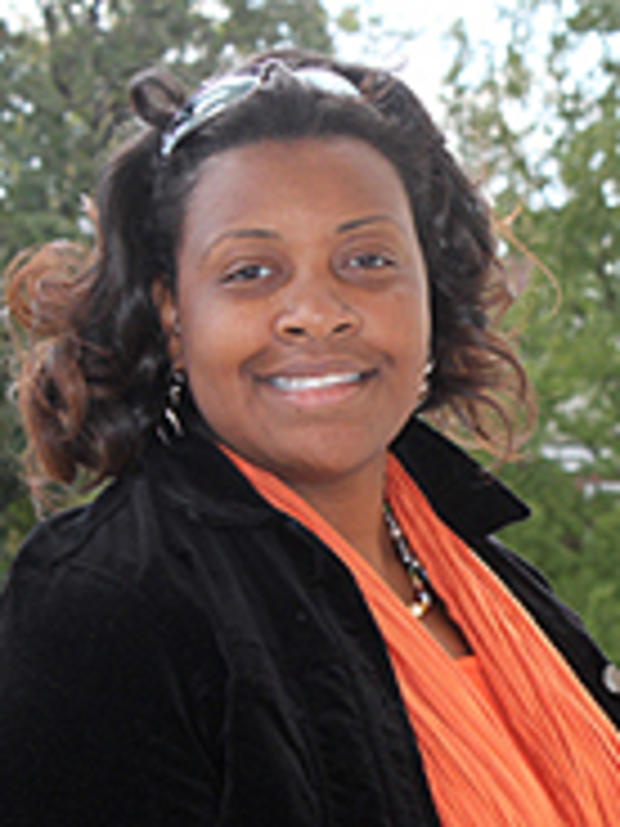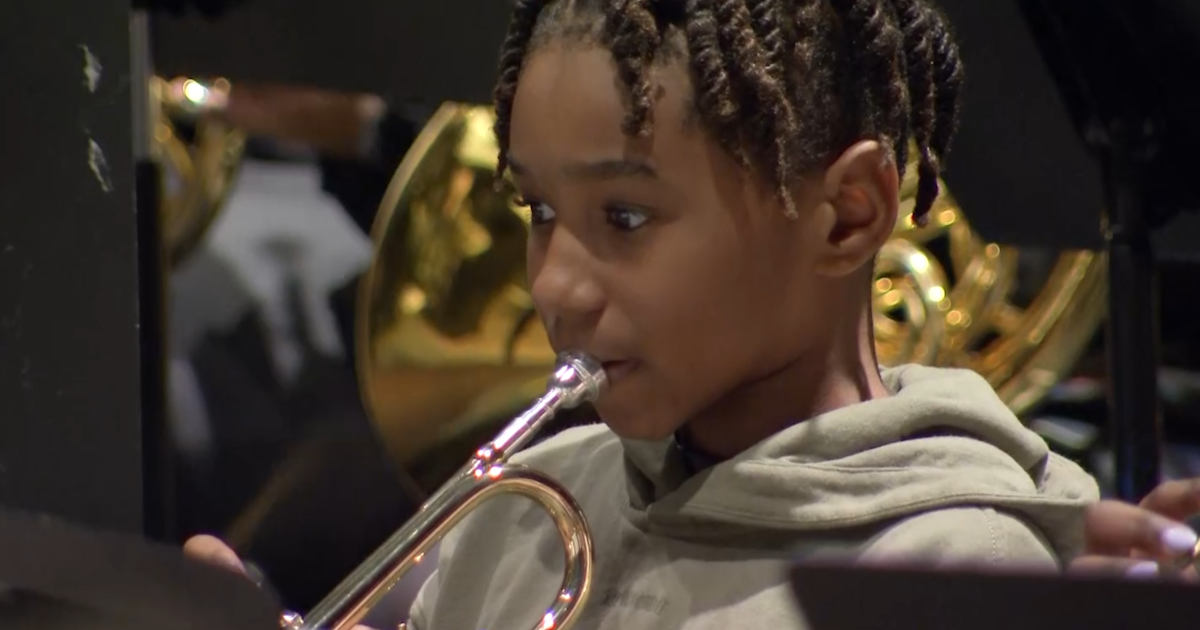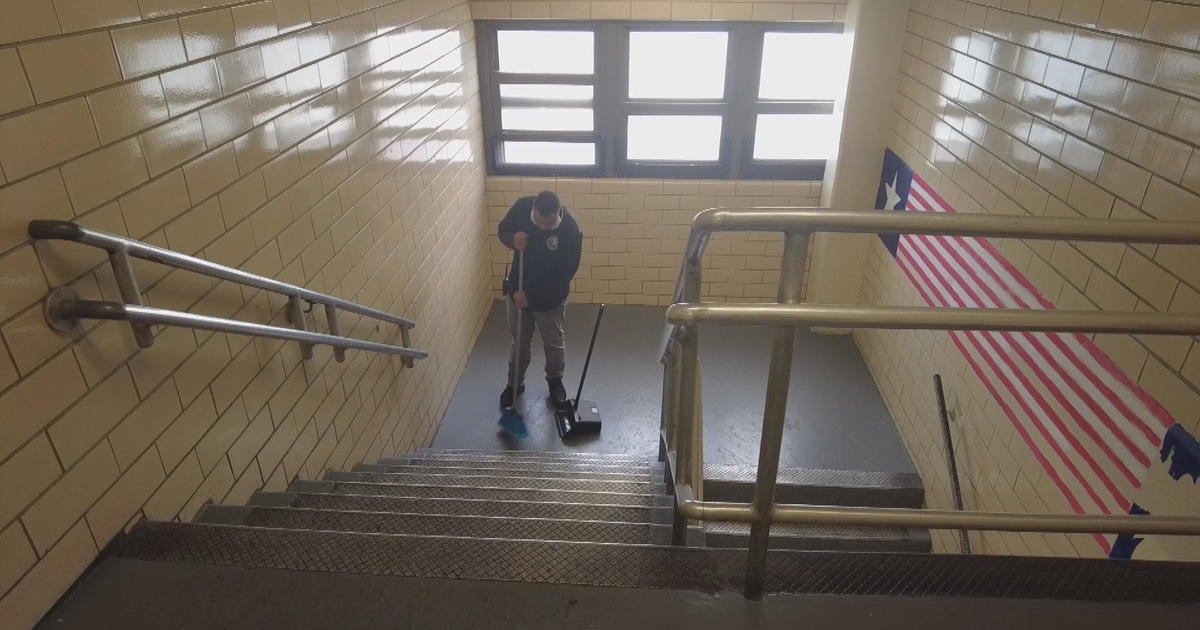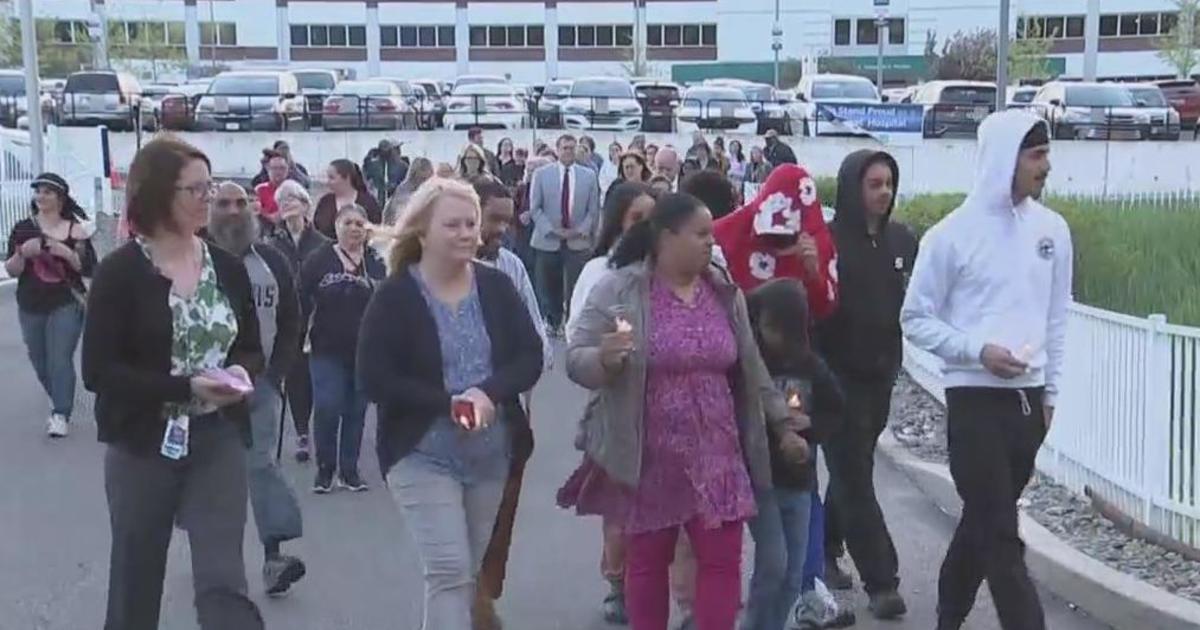Therapist Suggests Exploring Motivations Before Pursuing Career In Philadelphia
Dr. Evans-Weaver spent three years with Community Behavioral Health while working on her master's degree in Marriage and Family Therapy. Post graduation she moved on to the Center for Families and Relationships where she worked as a clinician full-time and acted as the Quality Assurance Director. After spending three years with this organization, she continued to work with families as a school based behavior care clinician through Northern Homes for Children. During her time at NHFC, she opened a private practice in Flourtown, PA. While building her practice, she ventured into teaching and became an adjunct for local universities including Philadelphia University, La Salle University, Montgomery County Community College and Cabrini College - teaching various courses related to psychology. Dr. Evans-Weaver joined the Widener faculty Fall 2012.
Where did you get your degree?
"I earned my master's in Marriage and Family Therapy from LaSalle University (one of their Clinical Psychology Programs) and I earned my Ph.D. in Human Sexuality from Widener University. I'm a locally educated girl through and through including my bachelor's!"
Can you describe your duties as a psychologist?
"Yes, I'm not a clinical psychologist but I am a licensed marriage and family therapist. As a clinician I have a private practice in Flourtown and I work with individuals, couples and families to resolve the challenges that often cause distress in life. I am also a professor at Widener so I am charged with educating burgeoning clinicians about theory, interventions, and ethics."
How has education prepared you for your career in psychology and social sciences?
"I genuinely don't think you can do this work without an education. Many people enter into this field thinking it's a pretty simple profession but when they learn how challenging it is to listen to your client's story, ask insightful and thoughtful questions, keep your bias and judgement out of the therapeutic space in order to facilitate safety and change, students learn there is a lot more to this work than simply wanting to help. Education teaches students how to do this effectively."
What advice would you give someone who is pursuing a career in psychology?
"I always ask my students to really explore their motivations for going into this profession. Many are interested in simply gaining a better understanding of how their own family system and relationships function - while others have suffered a trauma and are looking to work with a specific population that addresses that trauma; and in both cases I say understand what your motivations are here and then get a therapist to address it because as clinicians we should always be aware of our challenges, biases, and vulnerabilities in order to ensure only the best therapy is provided to our clients."
Christina Thompson is a freelance writer living in Philadelphia. Her work can be found at Examiner.com.




